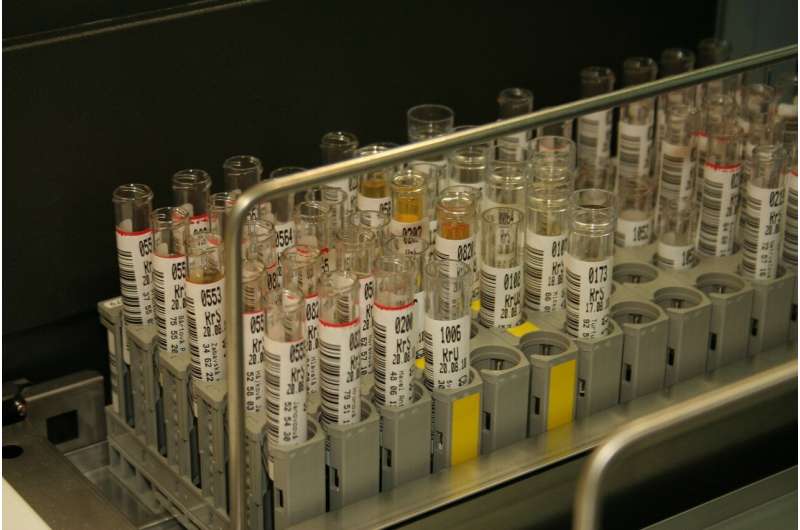Hope for enhanced UTI treatments to minimize bladder pain

Research on UTI pain: Flinders researchers identify link between UTI and bladder pain, caused by the immune system's fight against the infection.
Urinary tract infections (UTI's) are painful and usually short lived—but for millions of people this is simply not the case.
Low levels of infection can be found long after it's thought to have cleared, and research suggests this could be an unknown, but leading cause of chronic bladder dysfunction.
But the fight against pain, discomfort and a constant urge to urinate has taken a step forward with scientists identifying how the immune systems defense against bladder infection causes nerves to magnify the sensations felt by patients.
Flinders University researchers at SAHMRI in collaboration with Griffith University on the Gold Coast, have analyzed how the immune system responds to urinary tract infections and the direct link this response has to magnifying bladder pain.
Clinical Pharmacology Research Fellow & Head of Bladder Research, Dr. Luke Grundy, says understanding how nerves in the bladder transmit different sensations to the brain could potentially help limit bladder dysfunction in overactive bladder patients.
"We believe that chronic pain and bladder dysfunction are a failure of these nerves to reset after inflammation, so by understanding how these nerves function with a UTI and what causes them to become more sensitive over time, we can develop effective treatments."
"This is important, as many people diagnosed with an overactive bladder, a disorder that is currently considered to have no specific cause, have a history of urinary tract infections, and have been shown to have persistent low levels of UTI. This may lead to enhanced patient diagnosis and alternative treatment options for those suffering with an overactive bladder."
With the number of antibiotic resistant UTI's growing globally each year, many can no longer be treated with common antibiotics despite the fact one in every two women will develop a UTI in their lifetime.
Dr. Grundy says this study provides new information into how UTI causes hypersensitivity of the nerves that carry sensation from the bladder to the brain, resulting in the symptoms of urinary frequency, urgency, and pelvic or suprapubic pain.
"Our study provides a new understanding of why some overactive bladder patients do not respond to traditional medications and continue to suffer in silence, and opens the door for the development of more specific and effective treatments in the future."
More information: Stuart M. Brierley et al. Innate immune response to bacterial urinary tract infection sensitises high-threshold bladder afferents and recruits silent nociceptors, PAIN (2019). DOI: 10.1097/j.pain.0000000000001692 Chaired by two of Flinders University's renowned gut researchers, Professor Nick Spencer and Professor Stuart Brierley, a week long conference will delve into the latest gut / brain breakthroughs at the annual meeting of the Federation of Neurogastroenterology and Motility, from 24 to 28 March 2020.














